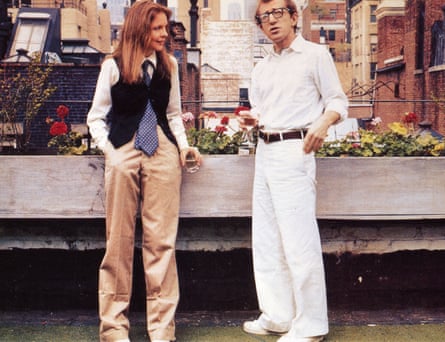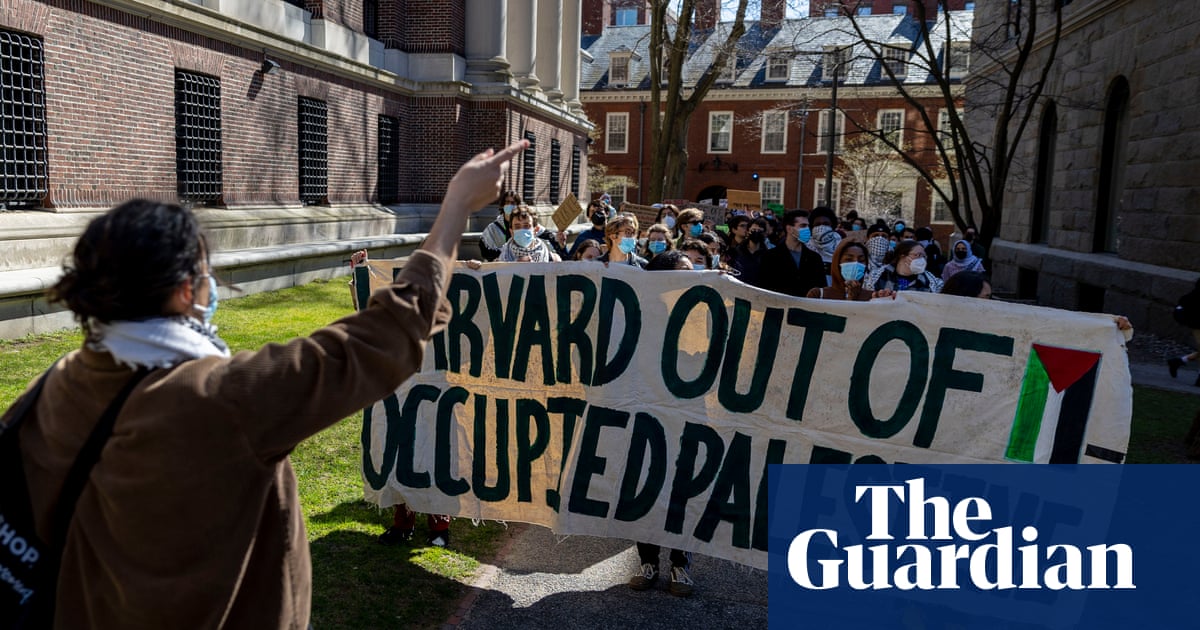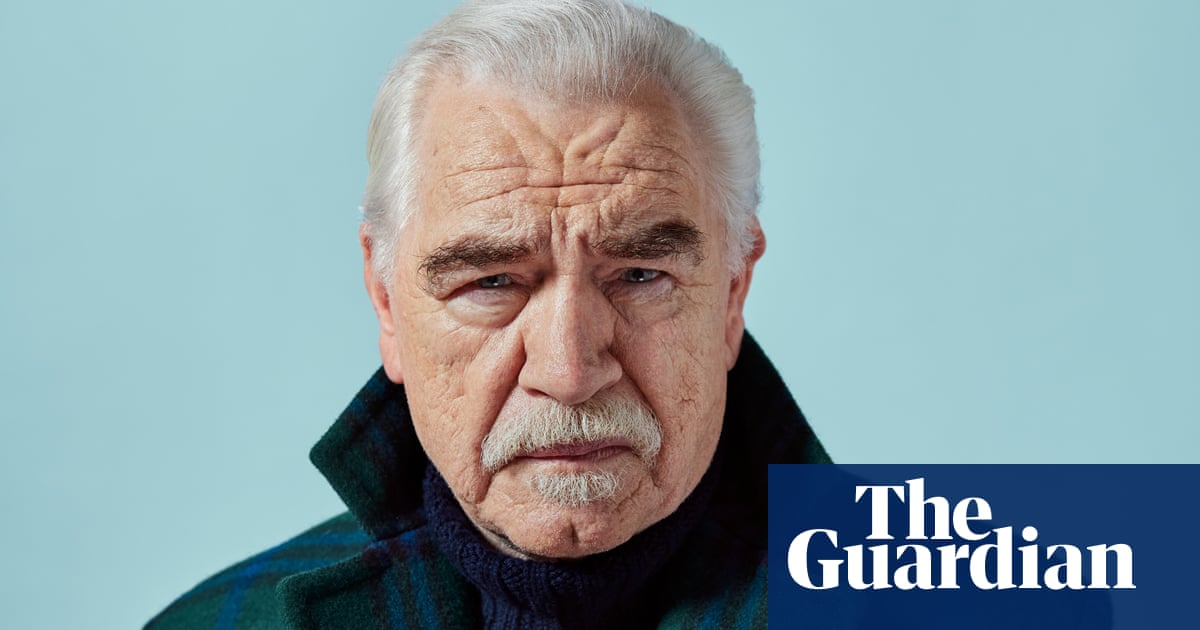Marshall Brickman, who has died aged 85, was a successful musician, writer and film director, but will be remembered best for his collaborations with Woody Allen on three of Allen’s best movies: Sleeper (1973), Annie Hall (1977) and Manhattan (1979). The pair won an Oscar for the original screenplay of Annie Hall, which also took the awards for best picture, best director for Allen and best actress for Diane Keaton.
Allen skipped the awards ceremony, and when Brickman accepted the best writer statuette, he said: “Half of this little piece of tin, if not much more, belongs to Woody, who is probably the greatest collaborator anyone could ever wish for. He does a lot of brilliant work. He takes our script and makes it into what you saw. He picks up my lunch check for about five months, and today he refuses to come out of his apartment.”
That apartment was in New York, which played a huge part in those films. Like Allen, Brickman grew up in Brooklyn, though he was born in Rio de Janeiro, where his father, Abram, a refugee from Poland, and his New York-born mother Pauline (nee Wolin) were leftists, who in 1943 returned to America and settled in Flatbush, where Abram ran an import-export business. They exposed Marshall to the Greenwich Village scene of politics and music; he learned to play folk music on the banjo and guitar.

After high school at Brooklyn Tech, he went to the University of Wisconsin, intending to study medicine, but graduated in science and music, influenced by his room-mate and fellow New Yorker Eric Weissberg, who was also a banjo virtuoso.
The city was the fermenting cauldron for the arts in postwar America. Weissberg joined a folk group, the Tarriers, an integrated quartet who had a big hit with Harry Belafonte’s Banana Boat Song (Day-O). When Bob Carey left, Weissberg tabbed Brickman as his replacement. The Tarriers were playing at the Bitter End in Greenwich Village when Allen, a budding standup, opened for them.
Brickman at first thought his jokey intros to the group’s songs might lead him to a comedy career, and he got a job writing for Candid Camera, sharing an office with Joan Rivers. He began writing jokes for Rivers and Allen, but kept a foot in the music world by recording an album with Weissberg, New Dimensions in Banjo and Bluegrass (1963), for which he also wrote jokey liner notes. He then joined John and Michelle Phillips in the New Journeymen, but soon left. Denny Doherty replaced him, and with the addition of Cass Elliot they became the Mamas and Papas.

More importantly, Brickman joined Jack Rollins, who represented Allen, and another joke-writer, Dick Cavett, who got him a gig with Johnny Carson’s Tonight Show. He became Carson’s head writer, mostly because the other writers wanted to avoid responsibility for the “five spots”, the sketches Carson performed in addition to the monologue. When Cavett left to host his own talkshow, Brickman went with him. But in 1972, the record he had made with Weissberg was used as the soundtrack to John Boorman’s film Deliverance (although the famous Dueling Banjos was added by Weissberg and Steve Mandell).
The royalties gave Brickman the chance to relax and join Allen in day-long sessions that, although they never actually wrote scenes together, produced the script for Sleeper.
The fact that these were Allen’s films provided a structure for Brickman’s writing. “Jokes are easy,” he said. “Humour comes to me so easily I’m suspicious of it. I secrete jokes like the pancreas secretes … whatever it is the pancreas secretes.” Like Allen, and Alvy Singer in Annie Hall, Brickman preferred New York to Hollywood; not least because he was invited to a party at Sharon Tate’s house the night of the Manson murders, but had another engagement that night in Santa Monica.
Brickman was lead writer on The Muppet Show: Sex and Violence (1975), which introduced the Swedish Chef. After Manhattan, he moved on to write and direct three films, all of which were edited by his wife, Nina Feinberg, whom he married in 1973.
In Simon (1980), a psychology professor, played by Alan Arkin, is brainwashed in an experiment by bored scientists into believing he comes from outer space. Brickman wrote his most Allen-like film, Lovesick (1983) for Peter Sellers, but after Sellers’s death Dudley Moore starred as the psychiatrist in love with a patient, Elizabeth McGovern; Alec Guinness plays the ghost of Sigmund Freud. In The Manhattan Project (1986), about a high-school student who builds his own atomic bomb, John Lithgow stars alongside actors who became stalwarts in TV – Cynthia Nixon (Sex and the City), Jill Eikenberry (LA Law) and John Mahoney (Frasier).

“I pick projects where I don’t mind having lunch with the people,” Brickman quipped, and in the 90s he wrote two adapted screenplays for the director Mark Rydell. For The Boys (1991) is a wartime variant of The Sunshine Boys, in which Bette Midler and estranged spouse James Caan reunite to entertain soldiers in the Korean war. The resemblance of the character (if not the story line) to the entertainer Martha Raye was noticed by many; her lawsuit against the film failed.
Intersection (1994) remade Claude Sautet’s 1970 Les Chose de la Vie, but Richard Gere, Sharon Stone and Lolita Davidovich failed to raise it from melodrama. In 1993 Brickman reunited with Allen, now immersed in scandal around his adopted family with Mia Farrow, to write Manhattan Murder Mystery, which began life as a false start to the Annie Hall script; Diane Keaton replaced Farrow as the star.
Brickman’s final directing came in a 2001 TV movie version of Christopher Durang’s play Sister Mary Explains It All, which starred Keaton as the teaching nun in a sort of American take on Miss Brodie. He then shifted gears, writing the book for the musical Jersey Boys, about the Four Seasons vocal group; it opened on Broadway in 2005, won four Tony awards and ran for 12 years; Brickman also wrote the screenplay for the 2012 film. His Tarriers career helped him understand the quartet’s dynamics, while his musical ability helped his words match the harmonies of the music. He followed up with the book to the Addams Family musical in 2010.
Brickman is survived by Nina and their two daughters, Sophie and Jessica.

 3 months ago
65
3 months ago
65













































